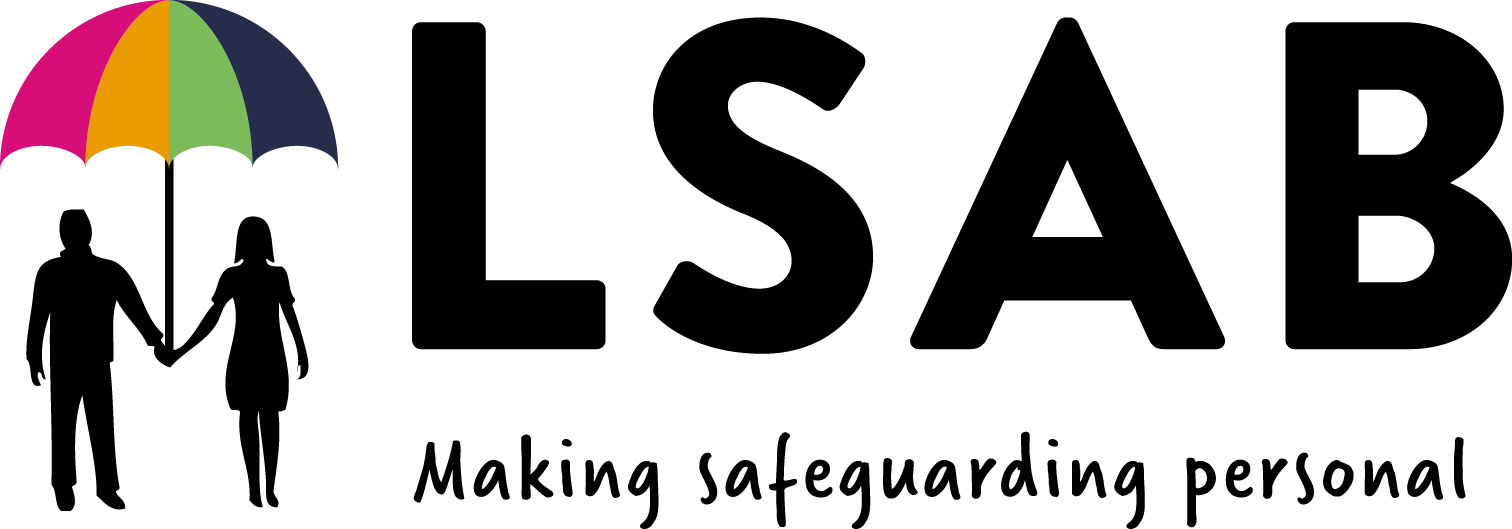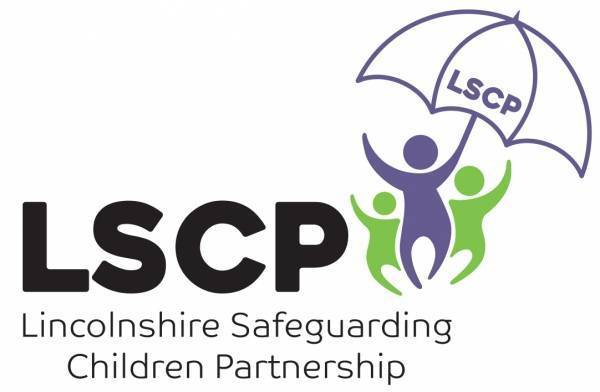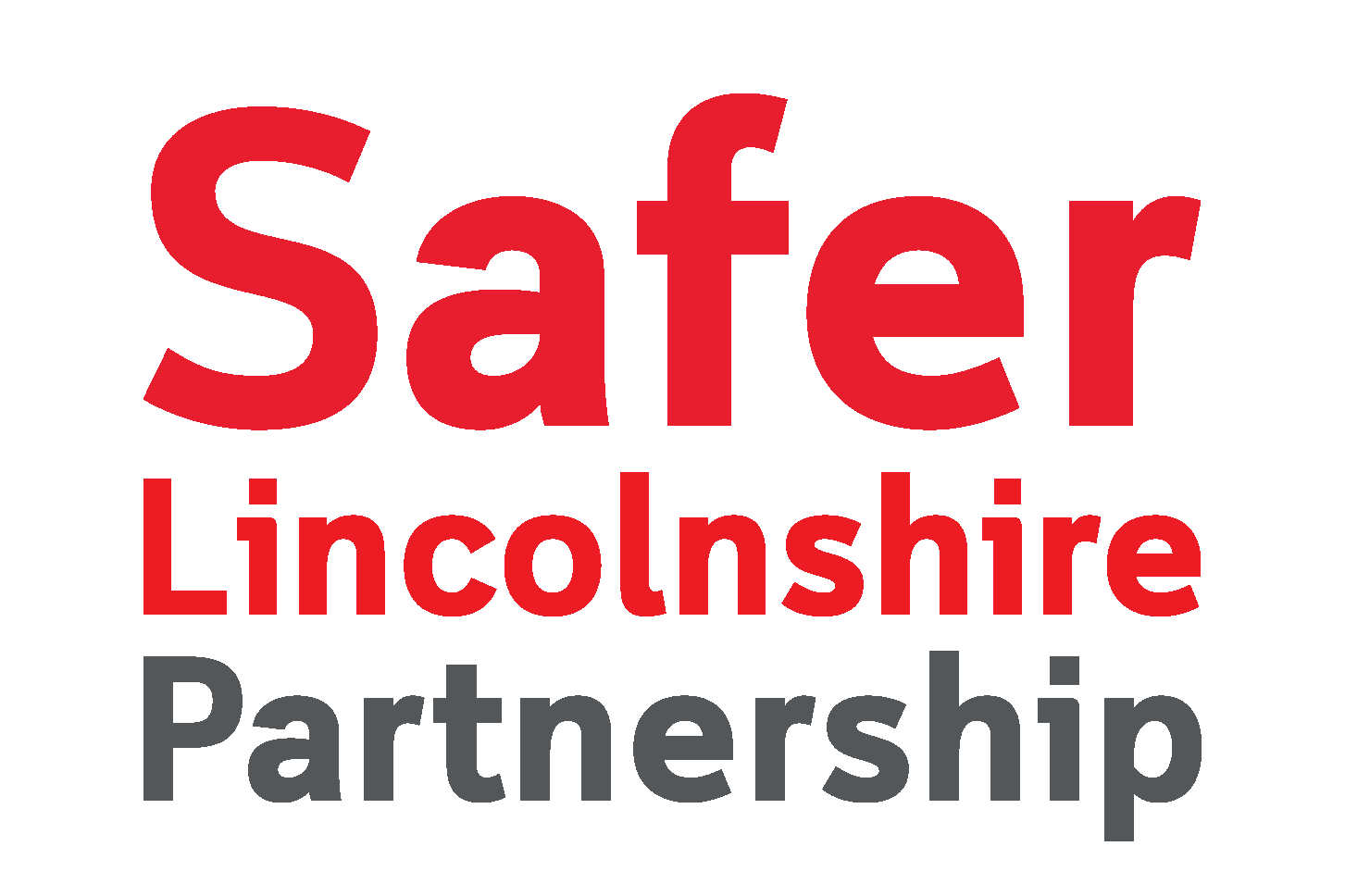Overview
Scope
Sometimes professionals and agencies working with adults, children, young people (ACYP) and families have disagreements and disputes.
This protocol deals with resolving cross-agency disagreement. For disagreements within the same agency, staff should consult their internal escalation protocol.
Any resolution should:
- be timely
- not negatively impact the day-to-day working with adults and their safeguarding
Purpose
This is a good practice multi-agency protocol. It is designed to provide a clear process and timescales. People working with ACYP and families in Lincolnshire can challenge colleagues from another agency and can effectively escalate concerns in a timely manner.
Background
Partnership and accountability are cross-cutting themes throughout children’s and adults’ legislation. They underpin all safeguarding work as set out in legislation and statutory guidance.
Good practice requires professional and constructive challenge amongst colleagues within agencies and between agencies. At times, staff may be concerned that agreed actions or concerns regarding an ACYP are:
- not being addressed
- not being acted upon timely and consistently
Staff are then expected to use this protocol to reach a suitable outcome that is in the best interests of the ACYP. Individual agencies are responsible for:
- ensuring robust feedback
- completion of recommendations or planned actions
These actions should be explained at reviews where they are not completed or within timescales. A new or alternative plan should be devised with timeframes.
Professional disagreement
At times there may be professional differences of opinion and judgement. This guidance is designed to assist agencies and their staff resolve such differences. The most common reasons for disagreements are:
- differing views of threshold eligibility
- a lack of understanding of roles and responsibilities
- requirements for multi-agency meetings
- the need for action and communication
Some examples of disagreements are:
- over the handling of referrals between agencies, which can impact negatively on:
- positive working relationships
- the ability to safeguard and promote the welfare of ACYPs
- differing views with respect to whether an ACYP meets the criteria for a safeguarding concern form
- about the need for attendance at a strategy meeting
- about an appropriate setting for an ACYP with multiple care and support needs
- over the outcome of assessments
- over the sharing of information and or provision of services by an agency
- in respect of the outcome of a medical examination
- an agency is not in agreement with another agency’s decision or reasoning to close a case
- there are issues of transition, for example, from children's to adult services
- one worker or agency considers another worker or agency has not completed an agreed action for no acceptable or understood reason
- other issues that may be of concern regarding the conduct of a case by another agency, such as the timeliness or priority given to tasks
- differing views with respect to whether an ACYP meets the criteria for a safeguarding concern form
- a difference of opinion about an ACYP's continuing care
- a professional is concerned about the action or inaction of another professional regarding an ACYP



